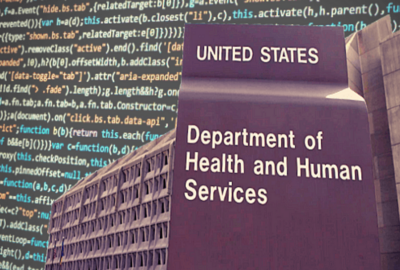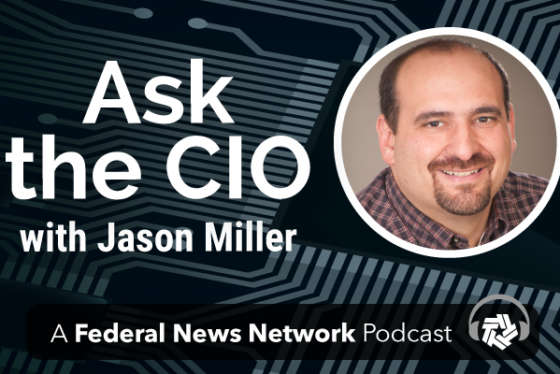CIOs must learn the soft skills
The University of Maryland\'s CIO Certificate program focuses on teaching its students to meet the challenges of management and leadership. The certificate prog...
wfedstaff | June 4, 2015 4:24 pm
By Jason Miller
Executive Editor
Federal News Radio
Over the last decade as chief information officers moved from the server room to the board room, the soft skills of leadership, management and relating to people have become more important than the bits and bytes that make systems hum.
The University of Maryland’s University Campus recognized that change early on after becoming one of the seven schools affiliated with the federal CIO University, run by the General Services Administration.
The University of Maryland’s CIO Certificate program runs across four 10-week seminars, and includes executive coaching.
“That is not done by the faculty. That’s done by specialized people who understand how to do that,” said Steve Knode, the program director for the CIO Certificate program. “What we are trying to do is basically expand the capabilities of our students to be leaders. Many of them come from technology fields and may not have the opportunity to manage or lead teams, or recruit teams or do transformational change. The executive coaching helps them expand their capabilities in that area.”
The executive coaching helps blend CIOs’ skills with the policy and technology that most have had experience with coming into the program.
“We are pushing for the transformational CIO,” Knode said. “The pace of change has been so rapid, it’s mindboggling. Yes, the soft skills are very much important. He or she has to be the person to understand where technology is, where it’s come from, where it’s going , what your competitors are doing and the pro’s and con’s about implementing that in your organization. And then the question is how do you get this resistance to change overcome?”
Knode said each of the courses take into account the need for soft skills. The entire course work is online giving busy executives the ability to attend class no matter when it’s held. Knode said all classes are recorded and archived for later viewing.
The CIO Certificate Program’s four 10-week seminars include:
- Strategic management of technology—This covers how technology can be use as a component of a global strategy and how it can be linked to corporate strategy and identifying options.
- Leading change and innovation in technology—This talks about how CIOs can leverage technology to make change, which includes how technology is viewed as a utility or as a key way to understand and improve your business.
- Information security and finance—This course helps CIOs understand the Federal Information Security Management Act (FISMA) and Sarbanes-Oxley, as well as other policies and regulations.
- Program and project management—This course covers the basics about managing a project, which Knode calls both “an art and a science.” It’s about dealing with supply chain, customer relationship and project management, and how to deal with program offices.
Knode said the certificate program costs $1,181 per credit hour, classes begin in October, and each class has about 25 students. Students can use the 24 credits from the CIO program toward a Master’s of technology management or IT. He said about 60 percent of the students come from federal agencies.
RELATED STORIES:
CIOs education evolves over time
Copyright © 2024 Federal News Network. All rights reserved. This website is not intended for users located within the European Economic Area.






